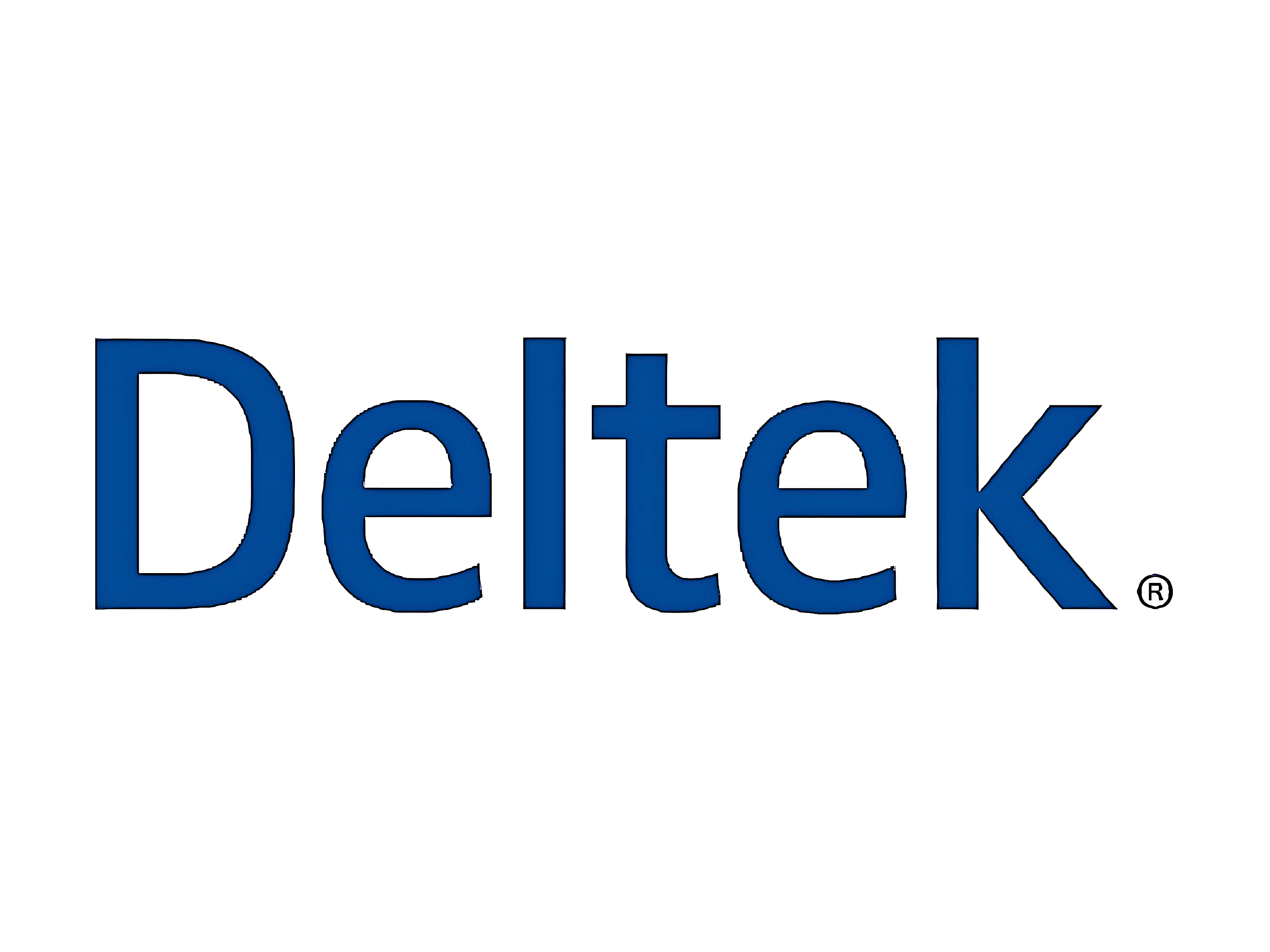Checking Out the Key Attributes of Monograph Bookkeeping for Successful Accounting Professionals

Specifying Monograph Bookkeeping: A Comprehensive Summary
Monograph audit stands for a specific approach within the more comprehensive field of economic reporting. This technique highlights the detailed and methodical documentation of financial purchases and their ramifications. Unlike traditional accountancy, Monograph accountancy is commonly tailored to special situations or details industries, giving a focused structure for analysis and coverage. It permits accountants to dive deeper right into particular locations, presenting a thorough view that straightens carefully with business purposes.
An essential attribute of Monograph bookkeeping is its flexibility; it can incorporate different bookkeeping standards and methods as required. This flexibility allows accounting professionals to produce records that are not only precise but likewise pertinent to stakeholders. Additionally, the technique often includes extensive research study and assessment of economic data, making certain that every element is thoroughly comprehended and recorded. Hence, Monograph bookkeeping functions as a critical tool for accountants aiming to supply insightful financial assessments customized to certain contexts.
The Value of Clarity and Precision in Financial Coverage

Incorrect or uncertain reporting can cause illinformed strategies, eroded count on amongst capitalists, and regulatory scrutiny. Accountants have to prioritize precision in their work, making sure that numbers are carefully validated and economic stories are systematic. This not only promotes openness however likewise improves the overall reputation of the company.
Ultimately, clarity and precision in economic reporting are essential for keeping stakeholder confidence and advertising sustainable organization development. Accounting professionals play an essential role in maintaining these requirements, making their expertise important in browsing the intricacies of financial information.
Improving Decision-Making Processes With Monograph Accountancy
Efficiency in decision-making processes is considerably improved via the concepts of Monograph audit. By consolidating extensive economic information into a singular, coherent framework, accountants can rapidly access critical details essential for educated selections. This approach lowers the moment invested in data retrieval and analysis, allowing for a more active reaction to financial situations.
In addition, Monograph accounting stresses clear categorization and thoughtful organization of financial deals, which decreases mistakes and miscommunication. When accountants use these concepts, they can provide monetary insights in a structured way, helping with discussions among stakeholders.
Furthermore, the standardization inherent in Monograph accounting enables seamless contrasts across different periods or departments, better assisting in calculated planning. This structured method not just maximizes the interior processes of bookkeeping professionals yet additionally enhances the total organizational dexterity, empowering businesses to adapt to changing market problems swiftly.
Secret Benefits for Accounting Professionals and Their Clients
While taking on Monograph bookkeeping might require a preliminary financial investment of time and resources, the long-term benefits for both accountants and their clients are substantial. This accountancy approach advertises improved accuracy and openness, allowing accounting professionals to maintain more clear financial documents. By consolidating details right into a single narrative, customers Monograph gain better understandings right into their financial wellness, facilitating educated decision-making.
Monograph accountancy promotes more powerful customer relationships with enhanced communication. Accountants can provide monetary information in an extra digestible format, making it simpler for customers to recognize complex details. This clarity not only develops trust fund yet additionally urges aggressive economic monitoring
Additionally, the structured procedures related to Monograph bookkeeping lower the probability of mistakes, which can save both time and money. Ultimately, the assimilation of this technique results in extra effective procedures, making it possible for accounting professionals to provide greater top quality solution while equipping clients with enhanced financial understanding and control.
Practical Applications of Monograph Accountancy in Numerous Industries
In what methods can monograph audit transform different sectors? By offering a concentrated and extensive technique to financial reporting, Monograph bookkeeping boosts clarity and precision throughout diverse markets. In medical care, for instance, it facilitates the precise tracking of patient costs and source appropriation, ultimately boosting financial monitoring. The production industry advantages from its organized analysis of manufacturing prices, permitting much better prices approaches and success evaluations.
In the retail sector, Monograph accounting assists in inventory administration and sales projecting, assisting organizations enhance supply degrees and minimize waste. In the nonprofit industry, it helps in transparent reporting of give financing and source use, cultivating trust fund amongst stakeholders. Generally, Monograph accountancy's customized techniques make it possible for companies to accomplish monetary openness and functional effectiveness, making it an invaluable device across various industries. Its flexibility guarantees that businesses can satisfy certain bookkeeping needs while maintaining compliance with laws.
Regularly Asked Concerns
What Software Is Ideal for Applying Monograph Accounting?
The most effective software for applying Monograph bookkeeping includes Xero, and Sage. These systems provide comprehensive functions tailored for effective tracking, reporting, and monitoring of monetary information, assisting in streamlined bookkeeping procedures for professionals.
Just How Does Monograph Bookkeeping Differ From Traditional Accountancy Methods?
Monograph accounting concentrates on individual tasks or clients, highlighting detailed monitoring and reporting for details entities, while traditional accounting aggregates information across all entities, prioritizing total financial health instead than project-specific understandings and performance.
What Prevail Challenges Accountants Confront With Monograph Audit?
Accountants usually come across obstacles with Monograph accounting, including complexity in financial reporting, combination with existing systems, ensuring compliance with policies, adapting to distinct client requirements, and handling the thorough documentation required for accurate evaluations.
Are There Certain Rules Governing Monograph Accountancy Practices?
Yes, certain laws often regulate Monograph accountancy techniques, consisting their website of adherence to national accounting standards, conformity with tax obligation guidelines, and industry-specific standards. Accountants should stay educated to ensure their practices straighten with these developed structures.
Exactly How Can Accountants Stay Updated on Monograph Accounting Trends?
Accounting professionals can remain updated on Monograph accounting fads by registering for sector magazines, going to relevant workshops and meetings, taking part in expert organizations, and involving with on the internet discussion forums committed to audit criteria image source and finest practices. (Monograph)
Monograph audit provides an unique framework that improves economic coverage for accountants. Unlike traditional accountancy, Monograph bookkeeping is often customized to particular sectors or special circumstances, providing a concentrated structure for analysis and reporting. A crucial function of Monograph accounting is its versatility; it can include different audit standards and techniques as required. By offering a concentrated and extensive strategy to economic reporting, Monograph accountancy enhances clearness and precision throughout diverse markets. Yes, particular laws typically control Monograph accounting methods, consisting of adherence to nationwide accounting standards, compliance with tax obligation laws, and industry-specific guidelines.